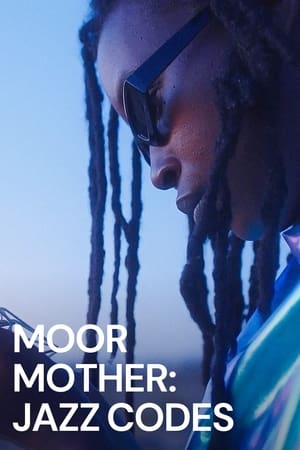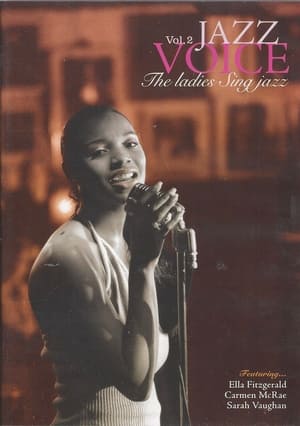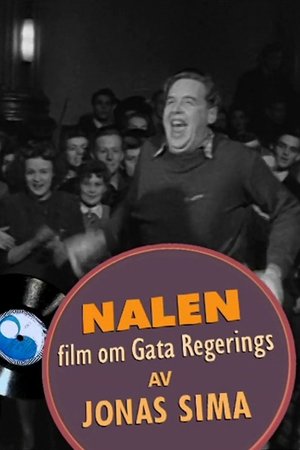
In the Footsteps of Bembeya Jazz(2007)
A portrait of the mythical band Bembeya Jazz, which contributed to the heyday of Sekou Touré’s cultural revolution in Guinea. Created in 1961 in the heart of the rainforest, Bembeya Jazz rapidly became modern Africa’s greatest orchestra. 50 years later, immerse yourself in the history of a legend that livers on!
Movie: In the Footsteps of Bembeya Jazz
Video Trailer In the Footsteps of Bembeya Jazz
Similar Movies
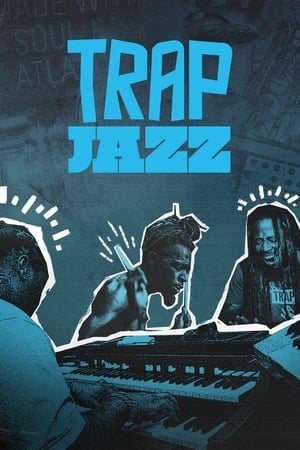 4.0
4.0Trap Jazz(en)
Atlanta musicians behind some of the biggest names in music embark on an uncertain journey into the spotlight with a new genre of music that fuses trap music with jazz.
Saving Africa's Witch Children(en)
This shocking documentary reveals the plight of young Nigerians branded as witches.
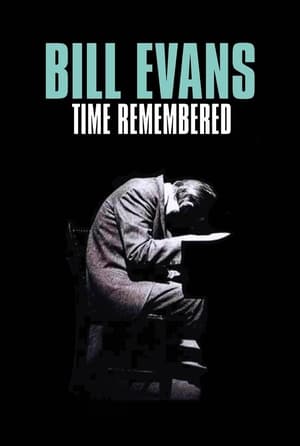 6.7
6.7Bill Evans Time Remembered(en)
A biographical film featuring the music and times of Bill Evans with interviews from Tony Bennett, Jack Dejohnette, Billy Taylor, Paul Motian, Jon Hendricks, Orin Keepnews, Bobby Brookmeyer, Pat Evans and more, including family and friends who knew Bill Evans well.
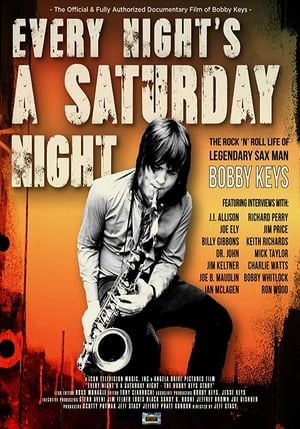 8.0
8.0Every Night's a Saturday Night(en)
The Life & Times of Bobby Keys ... decades-long Sax player with The Rolling Stones, best friend to Keith Richards, and session player with John Lennon, Eric Clapton, Delaney & Bonnie, George Harrison, Dr. John, Joe Cocker, Harry Nilsson, Ian McLagan, Keith Moon, Etta James, Ronnie Wood, Sheryl Crow, Ringo Starr, Joe Ely, Warren Zevon, Billy Preston, Donovan, Marvin Gaye, Lynyrd Skynyrd, Carly Simon, Barbra Streisand, John Hiatt, Yoko Ono and B.B. King.
 0.0
0.0Memory Books(en)
In Uganda, AIDS-infected mothers have begun writing what they call Memory Books for their children. Aware of the illness, it is a way for the family to come to terms with the inevitable death that it faces. Hopelessness and desperation are confronted through the collaborative effort of remembering and recording, a process that inspires unexpected strength and even solace in the face of death.
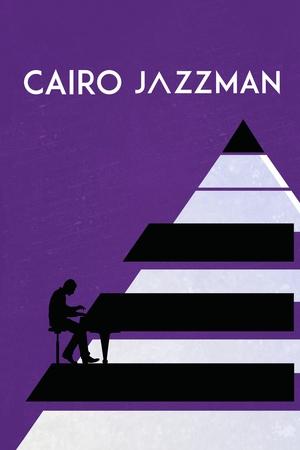 5.0
5.0Cairo Jazzman(en)
A documentary about Cairo Jazz Festival's Amr Salah and his struggle every year to bring people and arts together in a country where 70% of people are under 30 and the Officials do not care about culture too much.
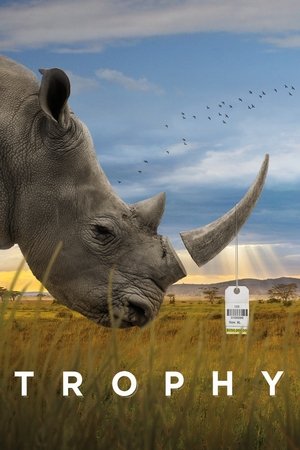 7.0
7.0Trophy(en)
This in-depth look into the powerhouse industries of big-game hunting, breeding and wildlife conservation in the U.S. and Africa unravels the complex consequences of treating animals as commodities.
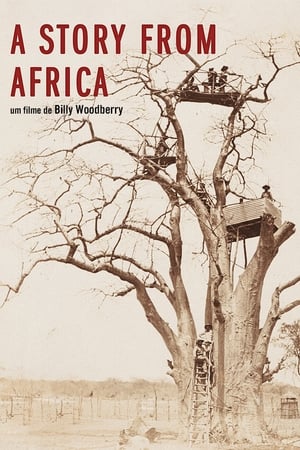 0.0
0.0A Story from Africa(en)
Following the 1884–85 Berlin Conference resolution on the partition of Africa, the Portuguese army uses a talented ensign to register the effective occupation of the territory belonging to the Cuamato people, conquered in 1907, in the south of Angola. A STORY FROM AFRICA enlivens a rarely seen photographic archive through the tragic tale of Calipalula, the Cuamato nobleman essential to the unfolding of events in this Portuguese pacification campaign.
Spirits of Havana(en)
This feature documentary offers a glimpse of contemporary Cuba’s rich musical culture through the experiences of renowned Canadian soprano sax player and flautist Jane Bunnett. Jane and her husband, trumpeter Larry Cramer, are surrounded by the charm of Old Havana as they connect with some of the city's finest musicians—like singers Bobby Carcasses and Amado Dedeu —for a recording session. Bunnett and Cramer then venture to small towns like Cienfuegos and Camaguey, where they hook up with local musicians and visit music schools. Global music fans will be captivated by the performances of Los Muñequitos de Matanzas, a celebrated Afro-Cuban rumba group, and Desandann, a 10-member a cappella choir that sings in Haitian Creole.
 0.0
0.0Back To Africa(en)
An Austrian director followed five successful African music and dance artists with his camera and followed their lives for a year. The artists, from villages in Ghana, Gambia and Congo, were the subjects of Africa! Africa! touring across Europe, but they have unbreakable roots to their homeland and their families. Schmiderer lovingly portrays his heroes, who tell their stories about themselves, their art and what it means to them to be African with captivating honesty. The interviews are interwoven with dance scenes and colourful vignettes set to authentic music.
 7.7
7.7When We Were Kings(en)
It's 1974. Muhammad Ali is 32 and thought by many to be past his prime. George Foreman is ten years younger and the heavyweight champion of the world. Promoter Don King wants to make a name for himself and offers both fighters five million dollars apiece to fight one another, and when they accept, King has only to come up with the money. He finds a willing backer in Mobutu Sese Suko, the dictator of Zaire, and the "Rumble in the Jungle" is set, including a musical festival featuring some of America's top black performers, like James Brown and B.B. King.
 7.2
7.2God Grew Tired of Us(en)
Filmmaker Christopher Quinn observes the ordeal of three Sudanese refugees -- Jon Bul Dau, Daniel Abul Pach and Panther Bior -- as they try to come to terms with the horrors they experienced in their homeland, while adjusting to their new lives in the United States.
After Hours(en)
Documentary short showcasing the genius of jazz greats Coleman Hawkins, Roy Eldridge, Cozy Cole, and Milt Hinton, among others.
 6.1
6.1The Hunters(en)
An ethnographic film that documents the efforts of four !Kung men (also known as Ju/'hoansi or Bushmen) to hunt a giraffe in the Kalahari Desert of Namibia. The footage was shot by John Marshall during a Smithsonian-Harvard Peabody sponsored expedition in 1952–53. In addition to the giraffe hunt, the film shows other aspects of !Kung life at that time, including family relationships, socializing and storytelling, and the hard work of gathering plant foods and hunting for small game.
 6.8
6.8The Great Green Wall(en)
An epic journey along Africa's Great Green Wall — an ambitious vision to grow a wall of trees stretching across the entire continent to fight against increasing drought, desertification and climate change.
 8.5
8.5Algeria in Flames(ar)
These are the first images shot in the ALN maquis, camera in hand, at the end of 1956 and in 1957. These war images taken in the Aurès-Nementchas are intended to be the basis of a dialogue between French and Algerians for peace in Algeria, by demonstrating the existence of an armed organization close to the people. Three versions of Algeria in Flames are produced: French, German and Arabic. From the end of the editing, the film circulates without any cuts throughout the world, except in France where the first screening takes place in the occupied Sorbonne in 1968. Certain images of the film have circulated and are found in films, in particular Algerian films. Because of the excitement caused by this film, he was forced to go into hiding for 25 months. After the declaration of independence, he founded the first Algerian Audiovisual Center.
 6.0
6.0World War C(nl)
It's war. War against an invisible enemy that is not as deadly as we are told. The world is changing rapidly. Disproportionate measures are taken worldwide that disrupt society as a whole. A dichotomy in society forced vaccinations and restrictions on freedom. Have we had the worst? Or is there something more disturbing to awaiting us.
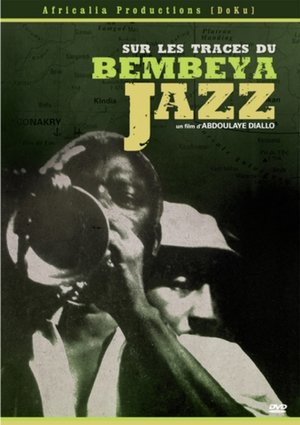
![Trailer "Sur les traces du Bembeya Jazz" - Africalia Productions [DoKu]](https://img.youtube.com/vi/PwH4EK4FU44/sddefault.jpg)
